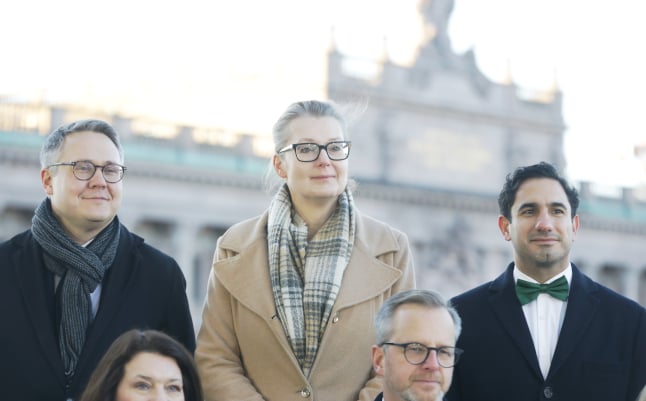Axelsson Kihlblom on Tuesday became the first transgender person to become a government minister in the Nordic country, a year after the appointment of Europe’s first transgender minister.
The 51-year-old former school principal and lawyer was added to the Social Democratic government by Andersson, who also became the first woman to hold the post as Prime Minister.
In her 2015 book “Will You Love Me Now?”, Axelsson Kihlblom described growing up as a girl in a boy’s body and her physical transition to a woman’s body, which was completed when she was 25.
“Trans people have always existed, they will always exist and we no longer feel ashamed. We are the new normal,” she wrote in an article published in 2018 by public broadcaster SVT.
KEY POINTS: Everything you need to know about Sweden’s new government
Divorced and the mother of two adopted children, her government portfolio covers primary and secondary schools, while Education Minister Anna Ekström will be in charge of higher education.
In October 2020, a member of the European Parliament, Petra De Sutter, was named Belgium’s deputy prime minister and became the first transgender minister in Europe.
Audrey Tang of Taiwan is considered to have become the world’s first openly transgender government minister in 2016.




 Please whitelist us to continue reading.
Please whitelist us to continue reading.
As long as Lina Axelsson Kihlblom isn’t an athlete.